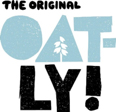Free
4hours 15mins
SHIFTING OUR FOOD SYSTEMS TO SUPPORT SUSTAINABLE EATING FOR CLIMATE & PUBLIC HEALTH
Thursday 9 December 2021
13:00–17:15 GMT • 14:00–18:15 CET
Symposium: 4hr 15mins
SHIFTING OUR FOOD SYSTEMS TO SUPPORT SUSTAINABLE EATING FOR CLIMATE & PUBLIC HEALTH
Thursday 9 December 2021
13:00–17:15 GMT • 14:00–18:15 CET
Symposium: 4hr 15mins
Free
4hour 15mins
A GLOBAL EVENT FOR HEALTH PROFESSIONALS, POLICY MAKERS, ACADEMICS AND STUDENTS
There has never been a more urgent need to shift our food systems to support sustainable eating, for the simultaneous benefit of our climate and public health.
Following the UN’s Climate Change Conference, COP26, this timely e-symposium takes an insightful farm-to-table approach, offering inspiration for all professionals supporting sustainable eating. It brings together experts from around the world to offer their expertise on both policy and action. The programme provides something for everyone working across the food system – from health professionals to policy makers to producers. It’s FREE and CPD accredited.
The event will explore:
- How we define ‘sustainable’ eating and measure the ecological impact of our food and food systems
- Sustainable land use and food production
- Practical, accessible strategies and resources for citizens, to support transition to a plant-based diet
- Climate footprint labelling
AND MORE!
WATCH THE WEBINAR TO…
GAIN CLEAR UNDERSTANDING OF:
- The ecological impact of food and food systems
- The new ‘Harmonized Environmental Storage and Tracking of the Impacts of Agriculture’ (HESTIA) platform. This open-source platform captures environmental impact data so that farmers, food producers, professionals, policy makers and citizens can access standardised information on the sustainable impact of food and food systems
BE AWARE OF:
- The latest consensus on sustainable eating
- An interdisciplinary perspective for sustainable land use and food production
- How one sustainable farmer transitioned to plant-based farming and grew economically
- The latest developments on climate footprint labelling
BE ABLE TO:
- Understand and access practical strategies and resources aimed at the public, conveying the scientific consensus on food and climate change in an accessible way
- Understand the nutritional considerations around sustainable eating and how to support the public and myth bust concerns
- Learn about how to help citizens address barriers and enablers in transitioning towards a plant-based way of eating
Please note, the programme is subject to change. Events are not intended to be used by non-professionals or as a substitute for, or basis for any medical treatment.
Help us to continue providing expert nutrition learning
If MyNutriWeb has helped you deepen your knowledge of dietary and nutritional subjects, join us to help support and educate people to eat well for themselves and the planet. Read more...
CHAIRS:
• Professor Jennie Macdiarmid Professor in Sustainable Nutrition and Health, University of Aberdeen
• Sue Davies Head of Consumer Rights and Food Policy, WHICH
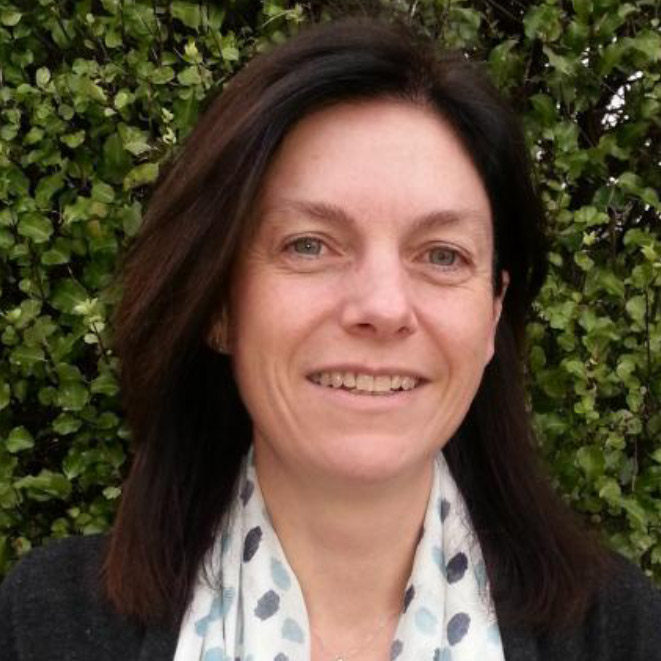
Programme outline
Chairs’ welcome
Professor Jennie Macdiarmid
Professor in Sustainable Nutrition and Health, University of Aberdeen
Professor Jennie Macdiarmid’s Biography
Professor in Sustainable Nutrition and Health, University of Aberdeen
Jennie is a Professor of Sustainable Nutrition and Health and the Interim Director of interdisciplinary challenge Health, Nutrition and Well-being. She gained a BSc (Hons) in Nutrition and Food Science from the University of Surrey, during which she spent a year working at the CSIRO research laboratories in Melbourne, Australia. After graduating she worked as a research assistant at the Institute of Food Research (Norwich) and the University of Dundee (Psychology dept) investigating chocolate and eating behaviours. In 1997 she completed her PhD at the University of Leeds (Psychology), after which she spent 18 months working for the International Obesity Task Force in Aberdeen. Before joining the Rowett Institute at the University of Aberdeen in 2006, she worked in department of environmental and occupational health in the medical school. Her research focuses on food and nutrition security and the impact of diets on climate change and land use. This includes understanding how to change dietary habits to be healthier and more environmentally sustainable.
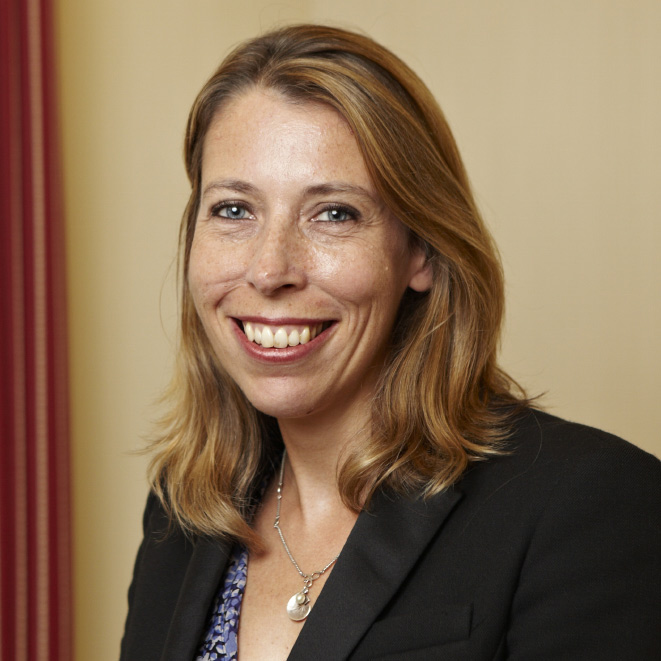
Sue Davies
Head of Consumer Rights and Food Policy, WHICH
Sue Davies' Biography
Head of Consumer Rights and Food Policy, WHICH
Sue Davies is Head of Consumer Rights and Food Policy at Which?. She leads Which?’s work on food, trade, sustainability and wider consumer rights and consumer product safety policy. She was the Chair of the European Food Safety Authority from 2012-2016 and has been awarded an MBE in recognition of her work on food safety.
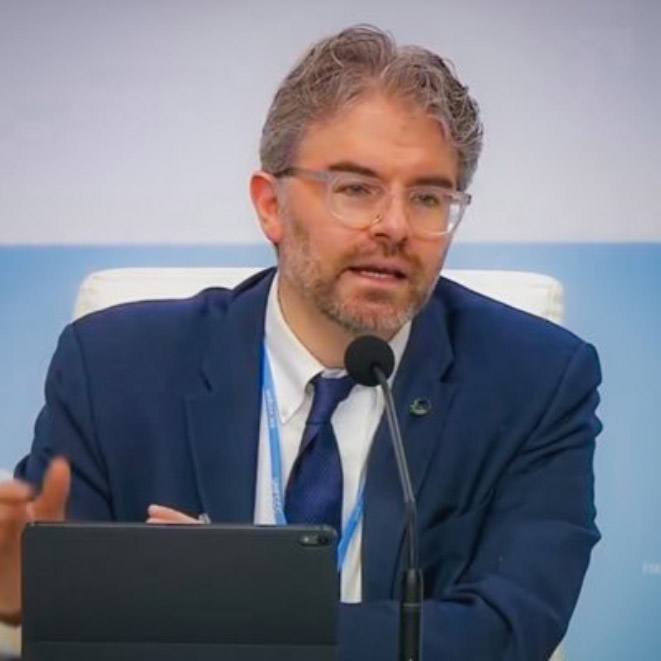
How Transforming Food Systems can Improve Economies, Financial Incentives & Build Climate Resilience
Joseph Robertson
Senior Advisor, Sustainable Finance, EAT Foundation
Session Outlines and Learning Objectives
- What is wrong with the economics of food
- How food systems and climate resilience are intertwined
- Strategies for shifting finance to get better outcomes for food systems, human health and wellbeing, and nature resilience
Watch this webinar to:
Learning objectives and outcomes
- Problem areas in food system economics
- Value of shifting to sustainable food finance
- Science-finance insights
-
What science says about risks of persistent climate emergency
-
How this relates to food system incentives
-
Landscape of food system transformation actions
-
Explain why food finance needs rapid, pervasive innovation
-
Cite a number of “good food finance” tools that can drive the transition
-
Describe connections to the Paris Agreement and global climate process
Joseph Robertson’s Biography
Senior Advisor, Sustainable Finance, EAT Foundation
Joseph is Executive Director of Citizens’ Climate International. He is the lead strategist supporting the Acceleration Dialogues (diplomatic climate-solutions roundtables) and Resilience Intel—an effort to move the world to 100% climate-smart finance. Joseph represents Citizens’ Climate in the Carbon Pricing Leadership Coalition, the UNFCCC negotiations, and other UN processes, and is founder of Geoversiv. His articles appear from time to time in the Guardian. He served as Interim Director for the Food System Economics Commission from April through November 2020, and is a senior advisor to EAT for sustainable finance. He is a lead contributor to the Earth Intelligence podcast.
View Joseph Robertson’s talk (30 mins CPD)
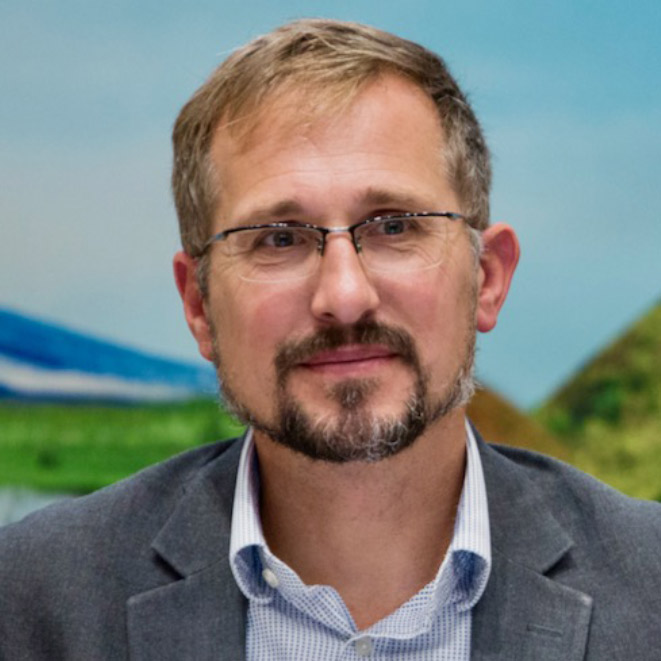
Seeking Consensus on Sustainable Eating as a global force for change
Dr Fabrice DeClerck
EAT Science Director Science Director and One CGIAR
Session Outlines and Learning Objectives
- What are healthy diets, and how far are we from achieving them?
- What are the environmental limits of food and what risks are we facing by ignoring these limits
- Healthy diets can be a triple win for human health, environmental health, and just livelihoods. Choices we make this decade will determine if this is the path we choose
Watch this webinar to:
Learning objectives and outcomes
-
What is a healthy diet?
-
What are planetary boundaries in relation of food?
-
How does healthy food consumption help us to achieve both?
-
The diversity of options that are available for healthy food consumption
-
Our individual and collective responsibilities to supporting human and environmental health
-
False claims regarding efforts to achieve both health and sustainability
-
Speak to both human and environmental health opportunities
-
Navigate the nuances differentiating health and sustainability in food consumption
-
Recommend food choices to protect people and planet
Dr Fabrice DeClerck's Biography
EAT Science Director Science Director and One CGIAR
Fabrice DeClerck PhD is the Science Director of EAT and Senior Scientist with OneCGIAR. For the past twenty years he has led research at the interface of environment, agriculture and human health – notably contributing to the EAT-Lancet Commission on healthy diets from sustainable food systems.
View Dr Fabrice DeClerck’s talk (30 mins CPD)
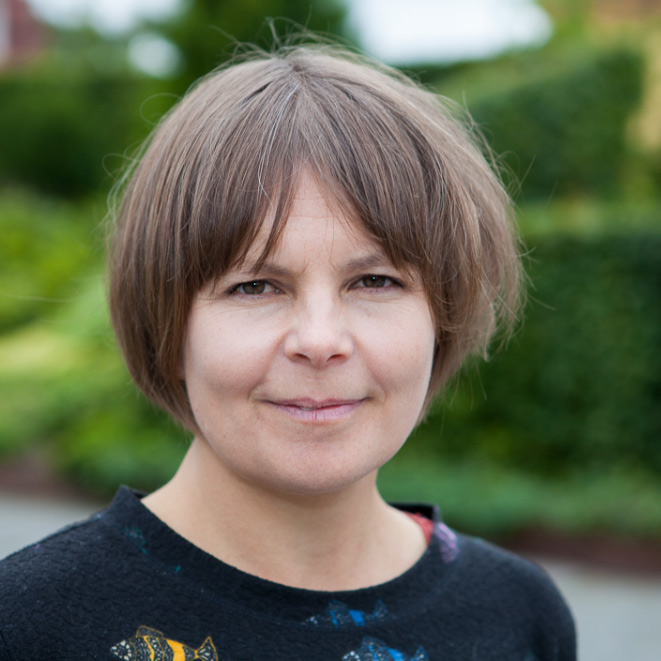
Sustainable food production and sustainable land use systems from a broad interdisciplinary system perspective
Associate Professor Elin Röös
Senior Lecturer at the Department of Energy and Technology; Division of Agricultural Engineering, Swedish University of Agricultural Sciences
Session Outlines and Learning Objectives
The lecture will cover:
- How sustainable food production and consumption can be defined
- How sustainability at farm level can be assesed based on different perspectives
- The need to include a multitude of aspects in designing sustainable food systems
Watch this webinar to:
GAIN CLEAR UNDERSTANDING OF:
- The major sustainability challenges at farm level in Europe
- Ways to assess farm level sustainability
- How different perspectives influence solutions
BE AWARE OF:
- Common trade-offs between sustainability dimensions
- How simplified solutions can drive development in a non-optimal direction
- When important aspects are left out
BE ABLE TO:
- Assess food production more holistically
- Explain why different people might reach different conclusions in terms of food system sustainability
- Better grasp the comlexity of food system sustainability
Professor Elin Röös’s Biography
Elin’s research focuses on sustainable food production and sustainable land use from systems from a broad and interdisciplinary system perspective.
Elin conducts research and teaches about sustainable food production and sustainable land use from many different angles. These include assessment of the environmental impact of different foods using life cycle assessment (LCA), to calculating the climate impact and land use associated with different types of diets and comparing environmental impacts of different farming and food systems. She also works in many interdisciplinary projects where she looks at the economic and information policy instruments for more sustainable dietary patterns and how more sustainable and healthy food ingredients can be produced and processed.She also works at the Centre for Organic Food and Farming (EPOK) with the research synthesis and research communication.

PLUS, a case study. Making it work from feed to food
Sustainable Farming – driving the shift to plant-based food systems
Adam Arnesson, Organic farmer and biosphere steward at Jannelunds Farm, central Sweden in interview with Professor Elin Röös
Adam Arnesson
Organic farmer and biosphere steward at Jannelunds Farm, central Sweden
Adam Arnesson’s Biography
Organic farmer from Sweden running a diverse agro-ecological based farm. Recently made a transformation moving from animal farming towards producing more plant-based food (for example oats, ancient grains, peas, beans, vegetables). This has increased the number of people fed per hectare while the greenhouse gas intensity has decreased, and the farm is much more resilient.
Adam’s main job as a farmer lies in taking care of thier soil and every species it is shared with, producing eco system services and of course producing food that is healthy for us, making sure that this can be done for many generations to come.
View Elin Röös and Adam Arnesson’s talk (45 mins CPD)
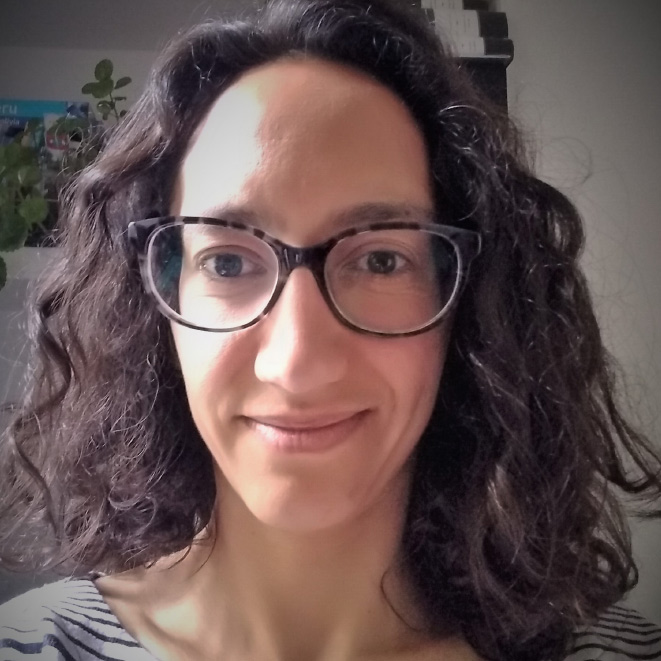
Taking a bite out of climate change
Accessible strategies & resources aimed at the public
Dr Ximena Schmidt
Global Challenges Research Fellow, Lecturer in Chemical Engineering, Chemical Engineering Department, Brunel University London
Session Outlines and Learning Objectives
This presentation will explore the origins and the effects of the dietary portfolio to reduce serum cholesterol and cardiovascular risk.
- Why it is important to make food climate change research accessible to citizens
- What we have done to engage with the public
- Where and how you can access free resources and even join us
Watch this webinar to
Gain clearing understanding of:
-
The impacts of food to climate change
-
Why it is important to make food climate change research accessible to citizens
Be aware of:
-
What Take a Bite out of Climate Change has done and is doing
-
What we do and how we engage with the public
-
Where and how you can access free resources to learn about the impacts of food to climate change
Dr Ximena Schmidt’s Biography
Global Challenges Research Fellow, Brunel University London
Ximena is a chemical engineer and a life cycle sustainability expert with over 10 years’ experience collaborating and leading interdisciplinary multi stakeholders’ projects in food systems, including sustainable diets, clean cooking fuels, food waste valorisation and circular economy. She is lecturer in chemical engineering at Brunel University London.
View Dr Ximena Schmidt’s talk (30 mins CPD)
Transitioning towards a plant-based diet – empowering consumers for change
Inspiration leading UK and USA plant-based Dietitians
Rosie Martin, Dietitian, UK and Virginia Messina, Dietitian, USA
Session Outlines and Learning Objectives
About the session
Although there is now universal consensus that a plant-rich diet should be eaten to help with health and planet, studies show that some people still perceive this as difficult to achieve, while some have concerns and in others myths around plant-based eating are observed. So what are these and how can we help more consumers to overcome challenges and enjoy a plant-rich diet?
In this session we will hear from
Two expert Dietitians on either side of the Atlantic who are both inspiring consumers to enjoy a more plant-rich diet. In interview with X they will share their expertise in translating the science into accessible ways that consumers can understand providing practical and inspirational solutions and support to overcoming the perceived barriers.
Watch this webinar to
Gain clear understanding of:
-
Barriers to plant-based eating
-
Enablers to plant-based eating
Be aware of:
-
The benefits of plant-based eating for health and planet
-
The nutritional considerations surrounding plant-based eating how to overcome concerns– Protein quality– Anti-nutrients– Mineral bioavailability– Calcium– Iodine– Iron– B12
-
The myths surrounding plant-based eating and how to overcome them
Be able to:
-
Support consumers in transitioning towards a plant-based way of eating through practical and behaviour change strategies when– Shopping– Cooking/preparing– Eating out
-
Consider the importance of language and communciation styles
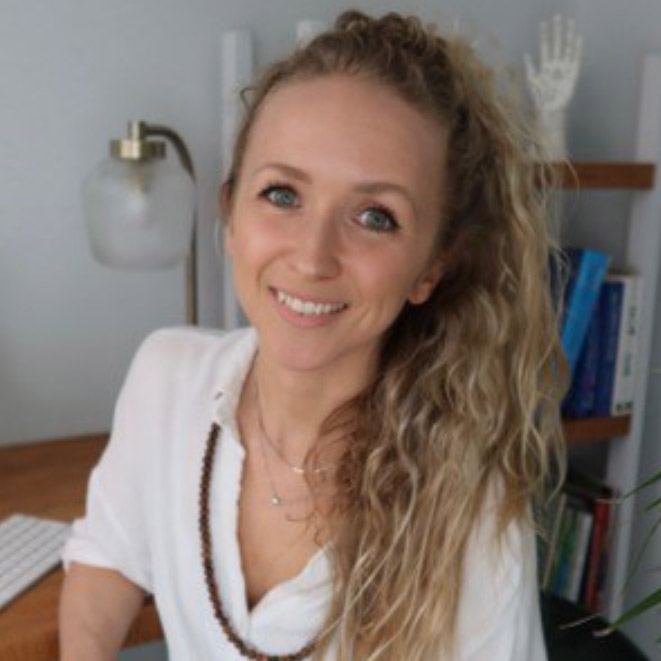
Rosie Martin
Dietitian, UK
Rosie Martin’s Biography
Dietitian, UK
Rosie is a plant-based specialist dietitian promoting dietary change for human, planetary and animal health. Rosie works as the Employee Health & Wellness Dietitian for her local NHS trust, as well as running and her private business, Rosemary Nutrition and Dietetics.

Virginia Messina
Dietitian, USA
Virginia Messina’s Biography
Dietitian, USA
Virginia Messina, MPH, RD is an expert in vegetarian and vegan nutrition. She has twice co-authored the Academy of Nutrition and Dietetics’ Position on Vegetarian Diets, is the co-author of three popular books on vegan nutrition, and of a vegetarian textbook for health professionals. She speaks about plant-based nutrition at events for both the public and health professionals.
View Rosie Martin and Virginia Messina’s talk (30 mins CPD)
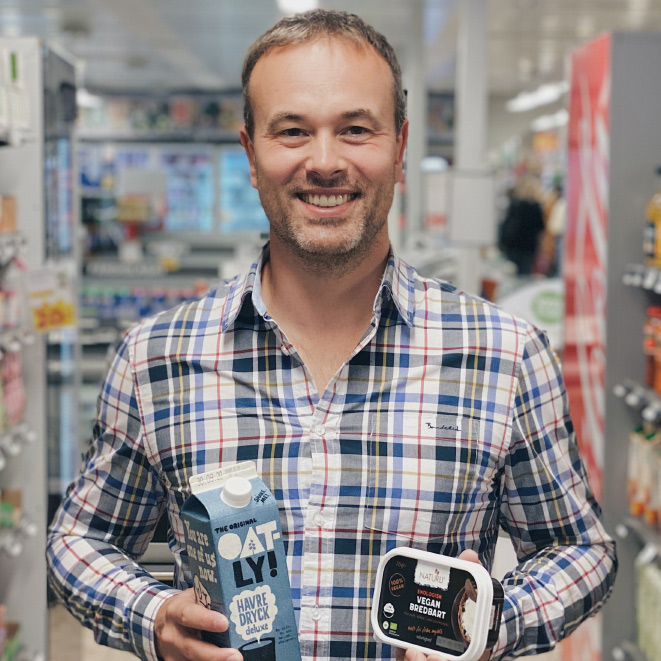
Climate Footprint Labelling
David Bryngelsson
CEO, Founder, Carbon Cloud
Session Outlines and Learning Objectives
- The special role of climate change relative other sustainability topics for food
- How quantitative climate labels are changing the landscape and waking the food industry up; the last industry to realize that they cannot ignore this.
- How a SaaS platform can solve the standardisation and collaboration problems, that consultancy standards (ISO, PEF, etc) cannot solve and the need for a complete separation of method discussions and the execution of assessments and data collection
Watch this webinar to
Gain clear understanding of:
-
The importance of separating climate change from other sustainability challenges for food producers
-
How climate labels pave the way for climate policy introduction
-
The necessity of a shared network-based SaaS platform for finding a cost effective and rapid decarbonisation of the food sector
Be aware of:
-
How quantitative climate labels lead are the opposite of greenwashing and lead the way towards concrete decarbonisation
-
The problem of having sustainability experts designing the solution by committee
-
The importance of separating the discussion of method from the implementation of accounting within the industry
Be able to:
-
Describe why climate change should not be bundled with other sustainability issues
-
Describe how climate labels create a decarbonisation incentive structure similar (yet weaker) to market based public policy and thus paves the way for such policy
-
Describe how a SaaS platform with the right incentive structure is necessary get the food industry to voluntarily map out the GHG emissions of their supply chains and production systems
David Bryngelsson’s Biography
CEO, Founder, Carbon Cloud
CEO and founder of CarbonCloud, with a deep understanding of the science behind climate change and food production combined with a business mind David has a unique ability to package the science in ways to make it available and relevant for the food industry. David is a much-appreciated public speaker.
View David Bryngelsson’s talk (30 mins CPD)
CPD CERTIFICATE & LEARNING MATERIALS
This symposium has been approved for CPD by the BDA and AfN

You are welcome to attend individual sessions. CPD certificates will be issued based on length of total time attended.
Webinar slides and links to other key resources will be sent within a week of viewing the live webinar, along with a separate personalised CPD certificate to save for your files. Add hello@mynutriweb.com to your safe senders to ensure you receive them.
This symposium has been kindly supported by Oatly
About Oatly
We are the world’s original and largest oat drink company. For over 25 years, we have exclusively focused on developing expertise around oats: a global power crop with inherent properties suited for sustainability and human health. Our commitment to oats has resulted in core technical advancements that enabled us to unlock the breadth of the dairy portfolio, including alternatives to milks, ice cream, yogurt, cooking creams, and spreads. Headquartered in Malmö, Sweden, the Oatly brand is available in more than 20 countries globally.
We aim to help drive a systemic shift in society to a more plant-based food system to tackle climate change and public health challenges. We always aim for our products to have as good as or better nutritional profile than the dairy benchmark.
For more information, please visit www.oatly.com
Oatly produce a specialised newsletter for health professionals. If you would like to sign up please click here.
For health professional website, please visit hcp.oatly.com to download articles, fact sheets, reports, webinars and more!
Please note, approval of each sponsor and activity is carefully assessed for suitability on a case by case basis. Sponsorship does not imply any endorsement of the brand by MyNutriWeb, its organisers, its moderators or any participating healthcare professional, or their association. Sponsorship funds are reinvested into the creation and promotion of professional development opportunities on MyNutriWeb.
Popular Now
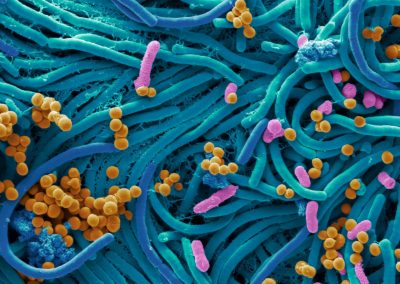
Professor Bruno Pot: Probiotics and the gut microbiota: key players in health?

IBS: Dietary, holistic & microbiota management

Understanding Disordered Eating
Feature in a Webinar
Webinar guest experts encompass topics relevant to all professionals and change agents in food and health, across all health and business sectors.
Would you like to feature in a webinar, or propose a guest expert?
Sponsor a webinar
MyNutriWeb offers organisations and brands an opportunity to sponsor topics, gaining valuable insights into the viewpoints of professionals within a moderated environment. If there is a topic that you would like to support please get in touch to discuss.
This website is intended only for students or professionals working in food, nutrition and health. If this is you, please click to continue.

